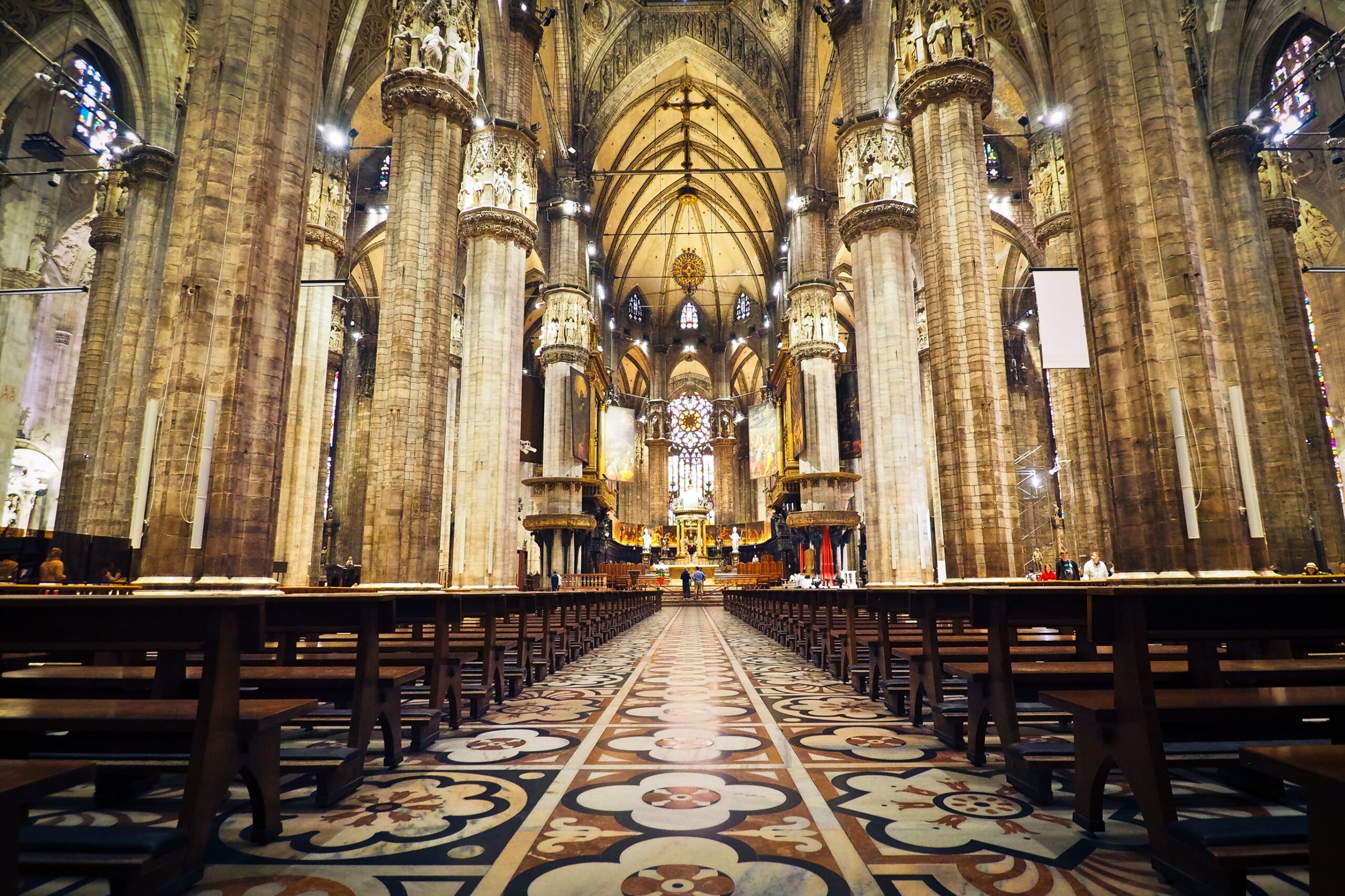While the world is embracing the fast-growing AI sector, its adoption in the church has divided opinion. But the Catholic Church is spearheading an app known as Magisterium AI to spread truth and help those curious about the religious institution.
The new app, according to the leaders of the religious body, could add significant value to the broader world of technology and the church at a time when various forms of innovation are fast evolving and being adopted all over, albeit at varying levels and speeds.
An app to spread truth
According to the Catholic Herald, Longbeard CEO and founder Matthew Sanders, who is responsible for the development of the Magisterium AI app, said that while some might fear AI, they view it as a tool that can be used to spread the truth.
“There is a great deal of fear around AI, but there are many who feel it could be a powerful tool to share the truth,” Sanders said.
The app, which is still in beta development, is also expected to be a game changer for the church, according to Sanders. Trained using church documents only, the Magisterium AI is said to be less likely to ‘hallucinate’ as compared to other chatbots like Bard from Google and OpenAI’s ChatGPT.
“There are still kinks with the AI we’re working out, which is why we’re still in beta,” Sanders said, adding, “you know where its answers are generated from.”
“Its answers are not always perfect, and it’s not a substitute for the authorities of the church,” he added.
The app, which was launched earlier this year and has already amassed 2,580 magisterial documents in its dataset, has the ability to generate responses in 10 languages: English, Spanish, German, Italian, Portuguese, Chinese, Korean, Dutch, Russian, and German, with a user base from over 125 countries.
Also read: Ronaldinho Could Be Detained on Ties to a Crypto Pyramid Scheme

The bridge between church and technology
Father David Nazar, rector of the Pontifical Oriental Institute in Rome, has praised the Magisterium AI app, saying that it could be the bridge between technology and the church.
“The arrival of AI, with all its hype, is more similar than different from threshold discoveries that have come about every ten years or so for the past century; our minds would go soft, and our eyes would weaken from watching it too much,” Father Nazar said.
He also added that it is good to have churches embrace technology to promote goodness towards people as the internet is taking over and there is no control over people’s intentions.
Recently, Pope Francis talked of the urgent need “to orient” the use of AI in a responsible way to avoid “conflicts and antagonism,” according to a Forbes report.
The Pope gave a warning to be watchful of the “rapidly increasing impact” the technology has on society.
Pope Francis himself has been a prime candidate for “AI stardom,” with some AI-generated images of the pontiff going viral, one of them in a stylish white puffer jacket.
Cool! @Crux covered @magisteriumai. Great reflections on where AI is headed and what it means for the Church. Thanks @eliseannallen! Thank you @PhilipLarrey https://t.co/ilXxQXJJb4
— Matthew Sanders (@SandersGame) August 28, 2023
Catholics and technology
Despite concerns around AI, the Catholic Church has not really been immune to the influence of technology.
Before the eruption of generative AI, Pope Francis’ predecessor, Benedict XVI, became the first Pope to open a Twitter account, @pontifex, in December 2012, despite his reputation “as an arch-traditionalist,” according to Euronews.
He was also following in the footsteps of his predecessor, Pope John Paul II, who made history 44 years ago by publishing a document on the internet when the technology was still new.
Earlier, Pius XII, who was the Pope from 1939 to 1958, made headlines in the church for embracing television, which was so controversial back then that he was later known as “the pope of television.”
Can the church escape the tech evolution?
It seems there is no going back on technology. Magisterium AI is partnering with the Oriental Institute, which has the largest library on Eastern Christianity, to digitize their library content and add the documents to the app’s knowledge base.
There are also plans to partner with universities in the future. Father Philip Larrey, Chair of Logic and Epistemology at the Pontifical Lateran University in Rome, said that the app will likely be used by scholars and academics; however, he also said that it would be helpful to those who are curious about the Catholic church.
“Because it is rather technical in nature, I have a feeling it is going to be used primarily by academics and scholars in the Catholic field. It can be used by Catholics and non-Catholics as well,” Father Larrey said.
Father Larrey said that there is a need for further investment in AI regulation, a topic that has been the subject of debate across the globe. Similarly, Father Nazar also believes that there should be better regulations for AI technology to better protect the weak.









 and then
and then